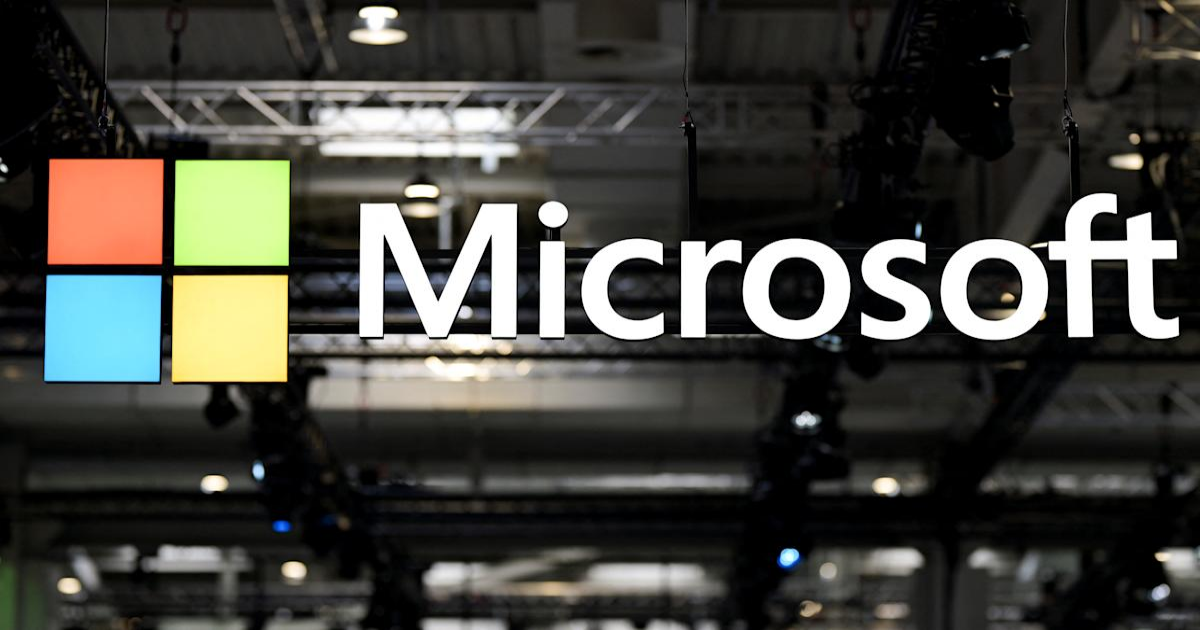Microsoft (MSFT) announced its third quarter earnings after the bell on Wednesday beating expectations on the top and bottom lines on the strength of its cloud performance.
Microsoft stock is down roughly 7% year to date, flat over the past 12 months.
“We delivered a strong quarter with Microsoft Cloud revenue of $42.4 billion, up 20% (up 22% in constant currency) year-over-year driven by continued demand for our differentiated offerings,” Microsoft executive vice president and chief financial officer Amy Hood said in a release.
For the third quarter, Microsoft saw earnings per share (EPS) of $3.46 on revenue of $70 billion. Wall Street was anticipating EPS of $3.21 on revenue of $68.4 billion, according to Bloomberg consensus estimates. The company reported EPS of $2.94 on revenue of $61.8 billion in the same quarter last year.
Microsoft’s commercial cloud revenue topped out at $42.4 billion versus an anticipated $42.2 billion, up from $35.1 billion in Q3 2024.
The cmpany’s Productivity and Business Processes saw revenue of $29.9 billion compared to expectations of $29.6 billion, while Intelligent Cloud and Azure revenue hit $26.8 billion
AI contributed 16 points of growth to Azure revenue. Analysts were expecting 15.6 points. Microsoft attributed the jump in AI contribution to bringing more servers online to meet demand. The company has specifically called out capacity constrains as a headwind for AI growth during its last few quarters.
Microsoft’s More Personal Computing segment, which includes sales of Windows licenses to third-party computer makers and its gaming and search divisions, brought in $13.4 billion. Wall Street was looking for $12.6 billion.
Microsoft’s report comes amid fears that President Trump’s tariffs could cause an economic slowdown that would hit enterprise cloud and AI spending.
The company is also cutting back on some of its AI buildout, with Noelle Walsh, president of Microsoft Cloud Operations and Innovation, writing in a LinkedIn post that the company is “slowing or pausing some early-stage projects.”
In February, TD Cowen analyst Michael Elias wrote in an investor note that Microsoft was canceling an unspecified number of its data center leases. At the same time, the tech giant has said it’s contending with AI capacity constraints that are preventing it from providing as many AI services as its customers need.
Microsoft plans to end support for its Windows 10 operating system in October, which analysts say should boost PC sales as consumers and businesses flock to Windows 11-powered systems.
